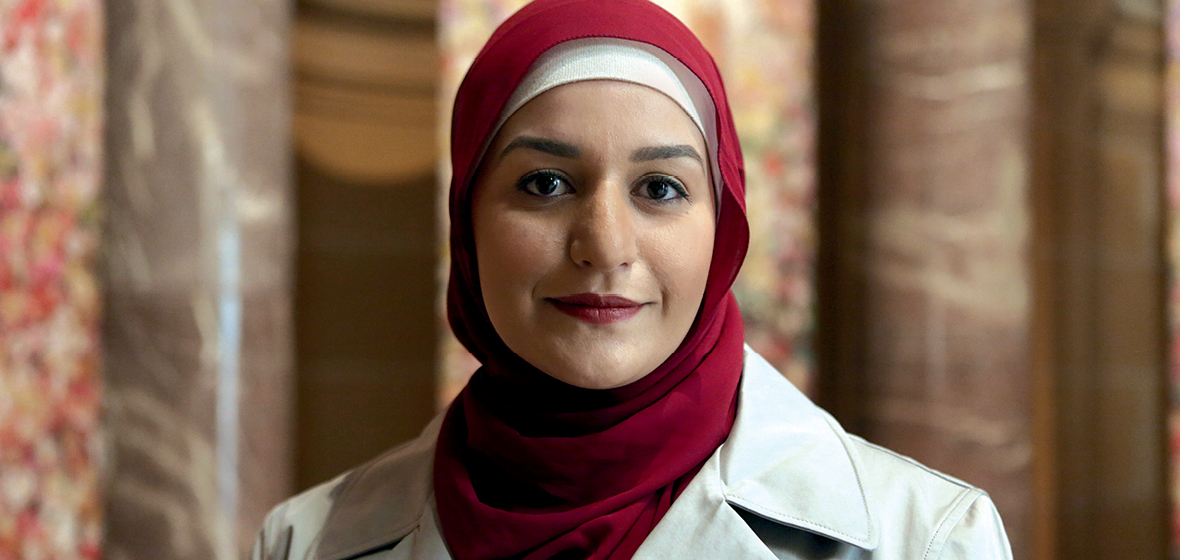Solicitor and artist Amani Haydar was forced to re-evaluate the whole system when her father murdered her mother in 2015.
Amani was five months pregnant with her first child and preparing to start parental leave from her job as a litigation lawyer in Sydney when her mother, Salwa, was killed at the hands of her father. Salwa was stabbed 30 times. She died at the age of 45. Haydar Haydar was convicted of his wife’s murder in 2017, as well as the wounding of his youngest daughter, Ola, who tried to stop the frenzied attack. He is serving a 22-year sentence.
Amani was left reeling. The eldest of four siblings and with just a few months before she became a mother herself, she had so many questions and dreaded the ordeal of the criminal proceedings that would follow. Specifically, she wondered how her father’s trial and his denial of guilt might alter any acknowledgement of her mother’s suffering, as well as the impact of the trauma for those left behind. Haydar had pleaded not guilty to murder, but guilty to the manslaughter of his estranged wife.
Intertwined with Amani’s grief was a defiant resilience. Before her father was sentenced, Amani used her Victim Impact Statement (VIS) to share an exchange she had with a midwife when her daughter was born.
“As I lay there exhausted but relieved, a kind midwife asked me, ‘Where is your mother?’ She had not read my file, which detailed what had happened and in which I was flagged as being at increased risk of post-natal depression. I answered, ‘She was murdered in March by my father’.
“The midwife looked at me with pity, but, by that point, I’d gotten used to awkward conversations and I continued, ‘I am so happy to have a daughter. I am from a family of strong women.’”
The reality of new motherhood demanded a level of pragmatism of which Amani was capable, but it was not easy. She took in her two sisters, who were forced to leave the home that had become a crime scene, and departed work sooner than her planned maternity leave date. While her immediate family received help from the Homicide Victims’ Support Group, there were also challenges concerning how much the sisters were able to share about what had happened as they waited for their father’s trial. It would take two years, and two juries to be empanelled and dismissed, before Haydar’s trial went before a lone judge.




